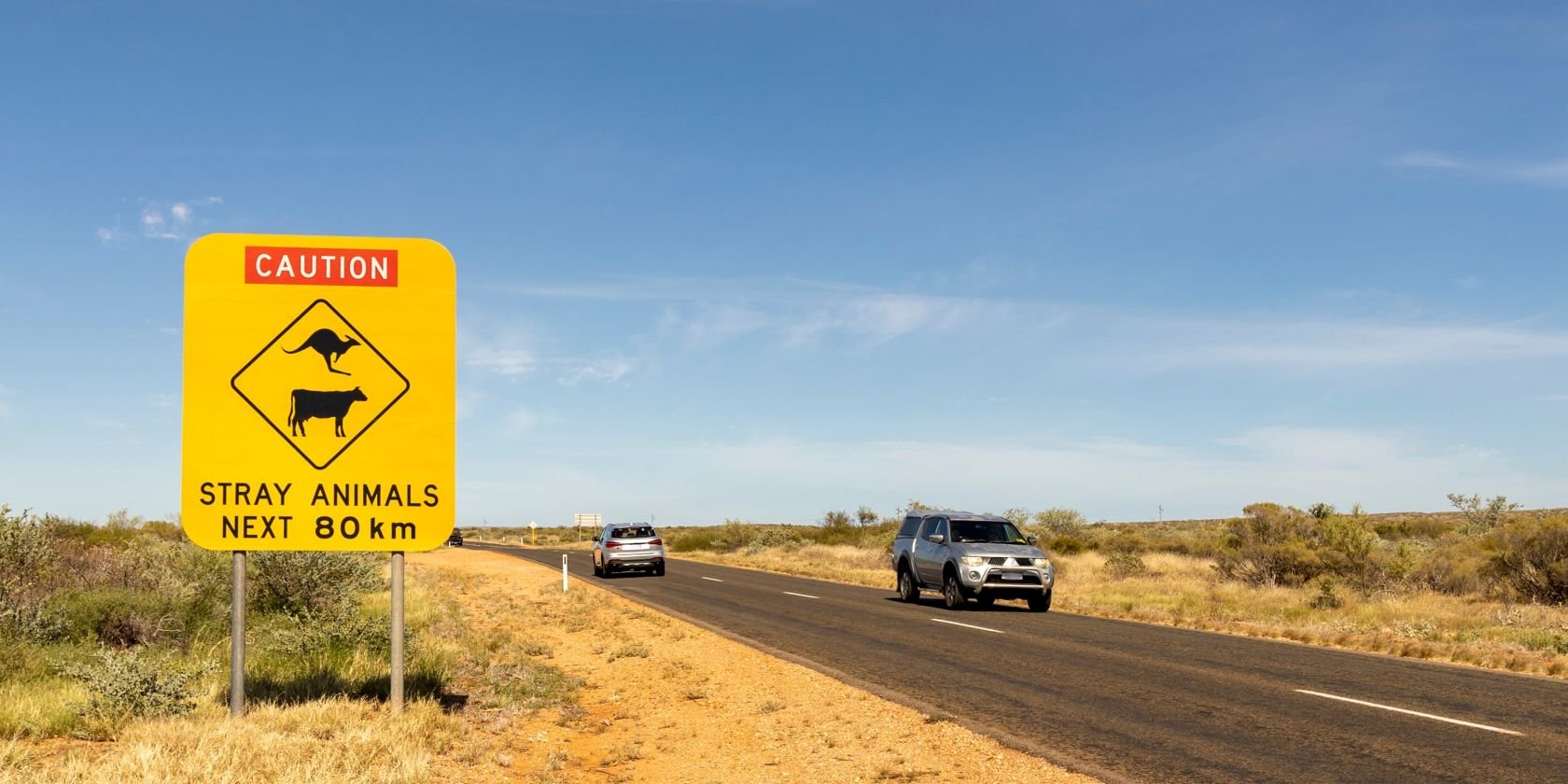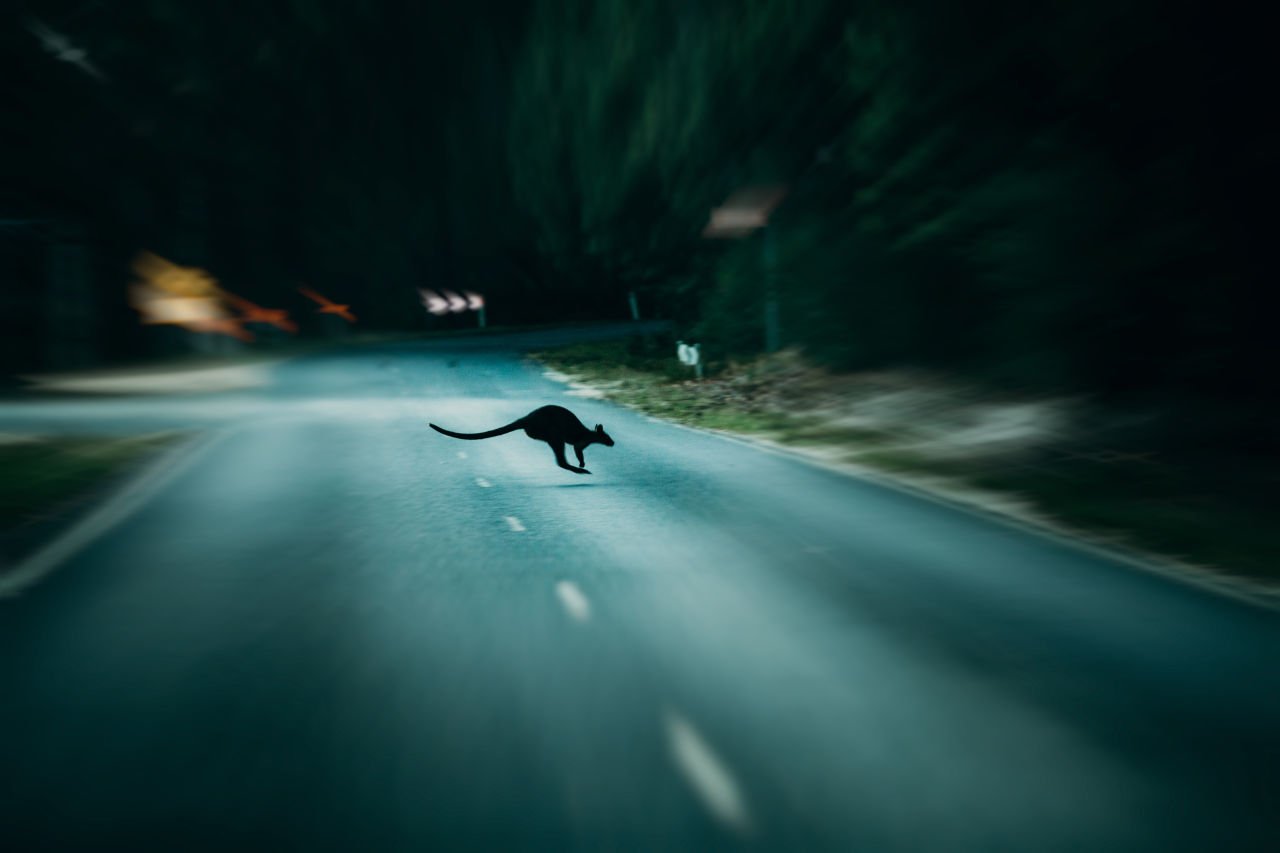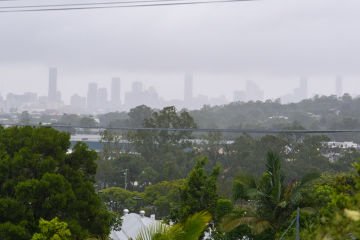Regional roads prove to be hotspots for wildlife crashes
Insurer AAMI today released new data revealing the significant extent of car accidents involving wildlife on regional roads nationwide.
Share

Analysis of 23,840 claims received between July 1, 2024, and June 30, 2025, highlights a need for increased driver awareness on our country roads, particularly between dawn and dusk.
One in five of these crashes with wildlife (18 per cent) resulted in a total write-off, with the average damage bill around $8,000.
Key findings from AAMI's wildlife crash data:
• Time of day: Dusk is the most dangerous time for animal collisions, as wildlife becomes more active and visibility decreases.
• Most common animal: Kangaroos are the most hit animals. Other frequently involved species include wallabies, wombats, deer, dogs, cows, emus, pigs, foxes, and rabbits.
• Vehicle write-offs: One in five cars involved in wildlife collisions nationally were written off.
• State hotspot: Victoria recorded the highest number of animal collisions, with 7,851 accidents in the past financial year 2024-25.
• Worst day of the week: Friday is the worst day of the week for animal collisions, possibly due to increased traffic on the roads as people travel for weekends away.
• Regional hotspots: Dubbo in New South Wales holds the title of Australia’s worst animal collision hotspot, followed closely by Sunbury in Victoria and Broken Hill in New South Wales.
AAMI Executive General Manager Motor Claims Customer Tim Buckett said this year’s wildlife crash data was a sobering reminder to take care on country roads.
"These figures show the serious and often costly consequences of wildlife collisions on our country roads," Mr Buckett said.
"Not only do these accidents pose a significant risk to motorists and their vehicles, but they also have a tragic impact on our native wildlife.
AAMI Executive General Manager Motor Claims Customer, Tim Buckett
We urge all drivers to exercise extreme caution, especially when driving during dawn and dusk, and in known wildlife areas.
Wildlife Information, Rescue and Education Service (WIRES) Chief Executive Officer Leanne Taylor said last financial year WIRES 24/7 Rescue Office received more than 20,000 car strike related calls from the public.
“Extreme weather events over the past 12 months continue to impact our native animals, especially in regional Australia with many regions affected by ongoing drought, severe floods and bushfires," Ms Taylor said.
"During these weather events native animals are forced out of their usual habitat and are increasingly at risk as they cross roads and highways seeking refuge and shelter.
"This is further compounded by ongoing loss of habitat through development and land clearing with many species including kangaroos, wallabies, wombats and koalas being displaced and vulnerable to car strikes as they search for new habitat."

WIRES’ tips for motorists:
• Please be aware and alert when travelling through known wildlife areas, especially in regional and rural areas.
• Many native species are nocturnal and more likely to be crossing roads between dusk and dawn seeking food and water.
• Take note of council wildlife signs – they are placed on roads that are known to experience frequent wildlife activity.
• Keep an emergency rescue kit in your car, a simple cardboard box, towel and gloves in case you need to rescue a joey or chick.
• If safe to do so, stop and check the pouch and the surrounding area. Many joeys survive a vehicle impact inside their mum's protective pouch or can be thrown from the pouch into a nearby area.
• To report a car strike of for general advice please call WIRES 24/7 Rescue Office on 1300 094 737 or report via the rescue form at wires.org.au
AAMI encourages all motorists to have appropriate insurance coverage to protect themselves from the financial impact of unexpected events such as wildlife collisions.
Notes to Editor
Claims data collected from Suncorp Group’s network of brands including AAMI, Suncorp Insurance, GIO, Apia, Shannons, CIL, Vero Insurance, Bingle, Essentials by AAI.
AAMI motor claims data for animal collisions from July 1 2024 to June 30 2025.
Data relates to animals we could identify.
See the national and state data breakdown in the media release below.







